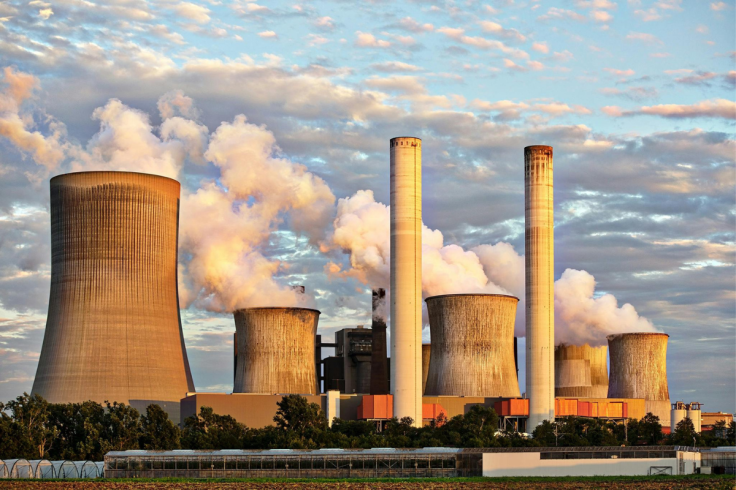
Meta, the tech titan behind Facebook and Instagram, has inked a game-changing 20-year deal with Constellation Energy to power its AI-driven data centres with nuclear energy from an Illinois plant starting in 2027.
As reported by The Wall Street Journal, this move secures 1,121 megawatts from the Clinton Clean Energy Center to fuel Meta's ambitious push into artificial intelligence.
With AI's voracious energy demands straining grids worldwide, nuclear power's reliability and low emissions make it a strategic bet for Big Tech.
But how will this reshape Meta's operations, and what does it signal for the tech industry's energy future?
Power Up AI with Clean Energy
The race to dominate AI is an energy-hungry one. Generative AI models, like Meta AI, require vast computational power, driving up electricity needs.
According to CNET, Meta's deal ensures a steady, emissions-free supply to support its data centres, which are pivotal for training and deploying AI tools.
This isn't just about keeping servers humming; it's about staying competitive in a market where AI innovation is paramount.
On X posts, sentiment is buzzing with optimism, with users like @AlvaApp calling it a 'major signal' for nuclear as Big Tech's clean energy backbone.
By locking in nuclear power, Meta sidesteps grid volatility and aligns with sustainability goals, potentially saving £75 million ($101 million) annually in energy costs compared to fossil fuel alternatives.
Outpace Rivals with Strategic Moves
Meta isn't alone in eyeing nuclear power. CNBC reports that Amazon, Google, and Microsoft have also struck nuclear deals to meet AI-driven demand, with Microsoft reviving a Three Mile Island reactor and Amazon investing £400 million ($540 million) in small modular reactors.
Meta's deal, however, stands out for its long-term commitment, extending to 2047, ensuring stability amid rising energy prices. This positions Meta to outmanoeuvre rivals reliant on less predictable renewable sources like solar or wind, which can't guarantee 24/7 power.
The deal also keeps the Clinton plant operational, preserving local jobs and boosting regional economies, a win-win that's generating positive chatter on X, with users praising Meta's foresight.
Navigate Regulatory and Cost Hurdles
Nuclear power isn't without challenges. Building new reactors is costly and time-intensive, with Power Magazine noting that the US's last new reactor ran £26 billion ($36 billion) over budget and seven years late.
Meta's deal sidesteps construction risks by leveraging an existing plant, but regulatory hurdles and waste storage concerns remain.
The Inflation Reduction Act of 2022 offers tax incentives, supporting nuclear's viability, yet President-elect Trump's plans to scale back clean energy policies could complicate future projects.
For now, Meta's strategic pivot secures a competitive edge, but scaling nuclear to meet AI's growing appetite will demand careful navigation of policy and public perception.
Nuclear Bet Pays Off Big
Meta's nuclear deal, announced on 04 June 2025, marks a bold step towards powering AI with clean, reliable energy, a move that could redefine tech's sustainability playbook.
By securing nuclear power, Meta not only fuels its AI ambitions but also sets a precedent for the industry, proving that clean energy can drive innovation without breaking the bank.
As rivals scramble to match this foresight, Meta's holding the line, but staying ahead in the AI race will demand relentless ingenuity.







